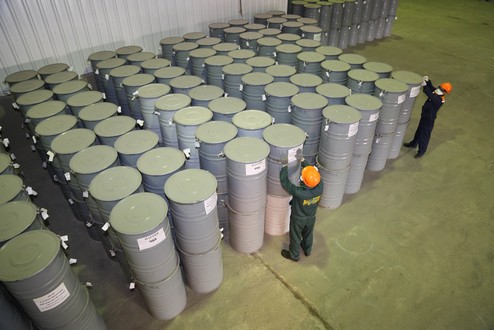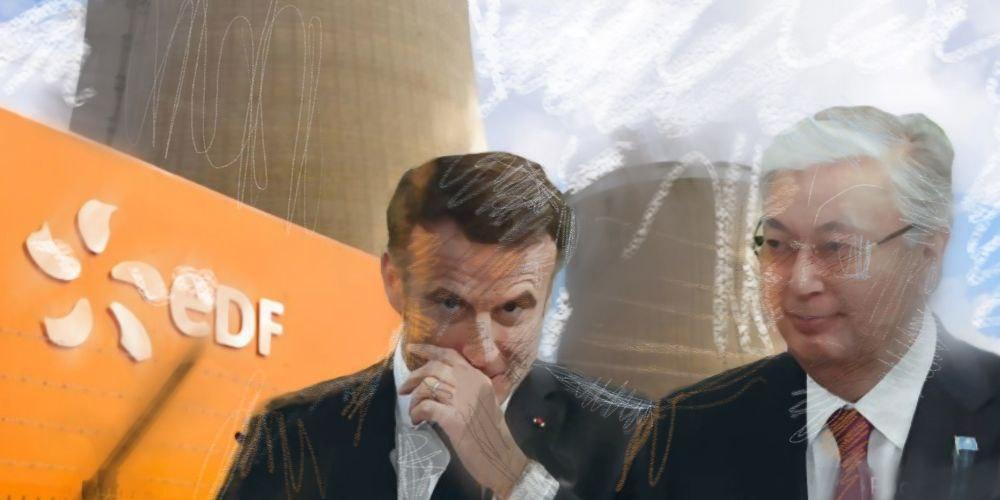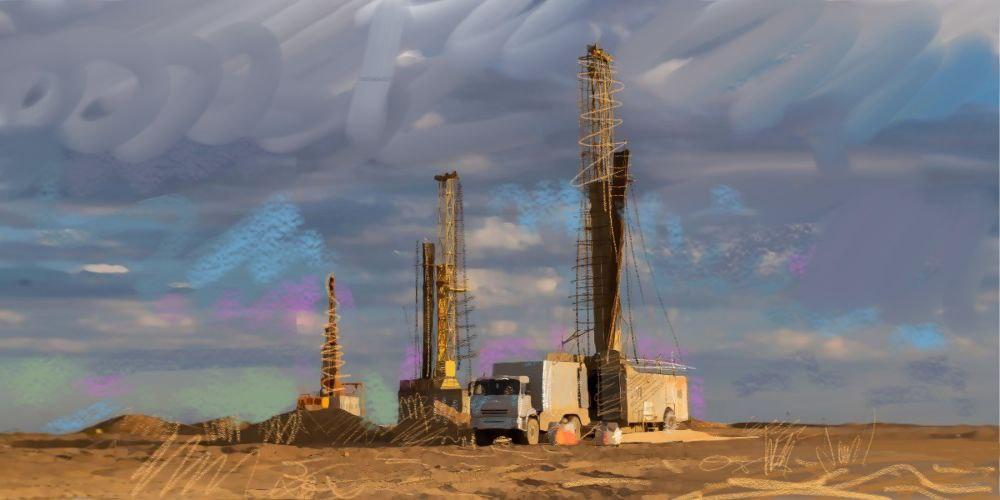ASTANA (TCA) — Within the framework of the International Exhibition Astana EXPO-2017, in the pavilion The World of Nuclear Energy, Kazakhstan’s national atomic company Kazatomprom on June 12 signed memorandums with Cameco Corporation (Canada), Uranium One Inc., CGN (China), and AREVA (France). All four documents determine the opportunities for cooperation in implementing in Kazatomprom the tasks outlined in the Address of the President of Kazakhstan “Third modernization of Kazakhstan: global competitiveness” and the state program “Digital Kazakhstan”.
The sides intend to cooperate in the field of automation, digitalization and robotics at joint ventures, in particular, to develop projects for BigData, IIoT, additive technologies, 3D modeling and cloud technologies. In addition, the memorandums provide for joint seminars, forums, internships with the purpose of sharing experiences, Kazatomprom said.
“In the Address, the Head of State said that it is necessary for the industry and production to translate into digitalization, and today’s memorandums are practically the fulfillment of those instructions. Therefore, all our joint ventures will switch to digitalization, will use robotic elements and build work through the analysis of Big data,” said Askar Zhumagaliyev, Chairman of the board of Kazatomprom.
At present, the National Atomic Company is actively working to implement the concept of “Industry 4.0”. In particular, in Kazatomprom there is a complex automation of the main directions of uranium production.
At the subsidiary enterprise Kazatomprom-SaUran, the process of robotization of the filling line of finished products is underway. The filling, weighing and shipping of the uranium product will be performed not by workers, but by a robotic complex.
One of the fundamental components of “Industry 4.0” is the Internet of things (the principle of interaction of electronic devices without human intervention). All actual production figures at the company’s head office will be supplied by multiple sensors on the equipment. This will provide reliable data and ensure the autonomy of processes, excluding the human factor in production.









